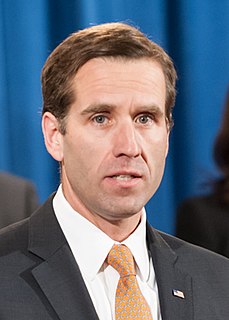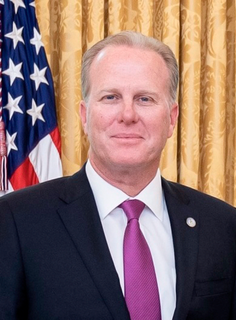A Quote by Gary Johnson
This country would be a better place to live in if all the resources we currently put toward criminalizing marijuana were instead spent by law enforcement on protection from real crime, as opposed to victimless crime.
Related Quotes
Indeed, what is startling about the notion of a victimless crime is that even when the behavior in question is genuinely victimless, its criminality is still affirmed by those who are eager to punish it. It is in such cases that the true genius lurking behind many of our laws stands revealed. The idea of a victimless crime is nothing more than a judicial reprise of the Christian notion of sin.
A number of countries, including Russia and China, have put forward proposals to regulate aspects of the Internet like 'crime' and 'security' that are currently unregulated at the global level due to lack of international consensus over what those terms actually mean or over how to balance enforcement with the protection of citizens' rights.
The best crime stories are always about the crime and its consequences - you know, 'Crime And Punishment' is the classic. Where you have the crime, and its consequences are the story, but considering the crime and the consequences makes you think about the society in which the crime takes place, if you see what I mean.
If it comes to a question of law, the charges they brought against me - the Espionage Act - is called the quintessential political crime. A political crime, in legal terms, is defined as any crime against a state, as opposed to against an individual. Assassination, for example, is not a political crime because you've killed a person, an individual, and they've been harmed; their family's been harmed. But the state itself, you can't be extradited for harming it.
Law and order is a social service. Crime and the fear which the threat of crime induces can paralyse whole communities, keep lonely and vulnerable elderly people shut up in their homes, scar young lives and raise to cult status the swaggering violent bully who achieves predatory control over the streets. I suspect that there would be more support and less criticism than today's political leaders imagine for a large shift of resources from Social Security benefits to law and order - as long as rhetoric about getting tough on crime was matched by practice.


































